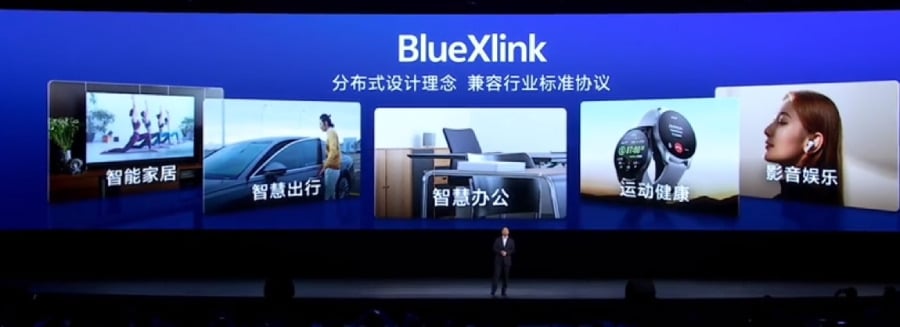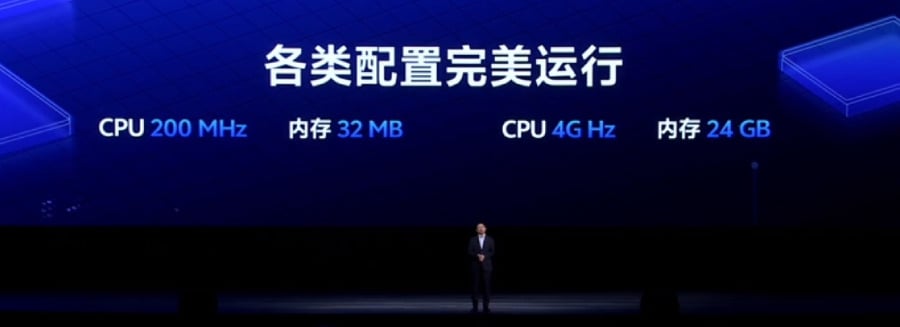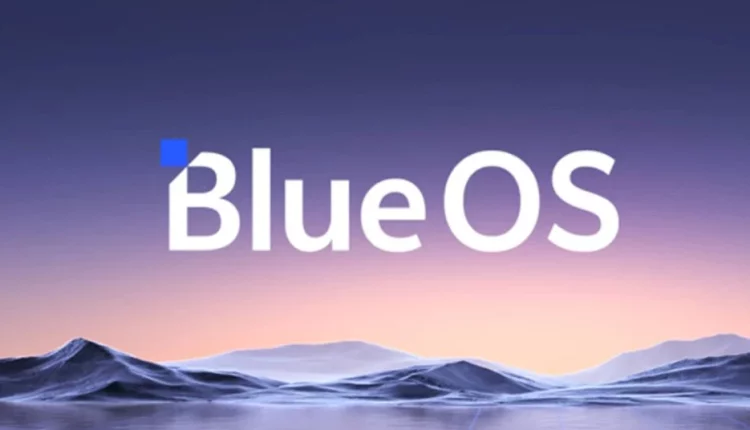©2021 Reporters Post24. All Rights Reserved.
Vivo, the Chinese smartphone manufacturer, has officially released its self-developed operating system called BlueOS. The company announced the new OS at its 2023 Vivo Developer Conference.

Vivo says that it began development on BlueOS in 2018 and that the OS was designed to address the limitations of the Android app ecosystem. It is also the world’s first operating system to use the Rust programming language for its system framework.
Vivo’s Self-Developed OS: BlueOS
BlueOS has three main features: smart interactions, smoother user experience, and user data safety. The OS is designed to support large models and multi-modal interactions, which means that it can understand and respond to a variety of input methods, including voice, text, gestures, and even brain waves.
BlueOS also supports the BlueXlink connection protocol, which adopts a distributed design concept and is compatible with industry-standard protocols. This allows data to be freely and securely transferred and accessed between multiple devices.

In terms of performance, Vivo says that BlueOS has reduced memory usage by 67% and increased rendering efficiency by 48%. It also features a super coroutine mechanism that can increase response speed by 18%.
On the security front, Vivo says that BlueOS’s Rust-based system framework is less susceptible to security vulnerabilities caused by improper memory usage.
Moreover, it can run on a variety of devices, including those with as little as 32MB of RAM. This makes it a viable option for a wide range of devices, from smart home appliances and wearables.

However, Vivo has not announced any plans to install BlueOS on its smartphones in the early stage. This means that Funtouch OS and OriginOS will continue to be the default operating systems for Vivo smartphones.
Vivo’s upcoming smartwatch, Vivo Watch 3, is the first device that will ship with BlueOS operating system. It will be launched on November 13 alongside Vivo X100 series smartphones.
(Via)


